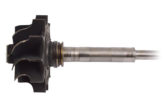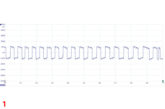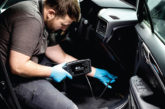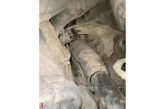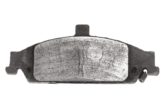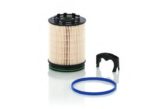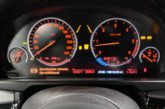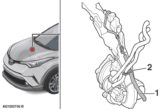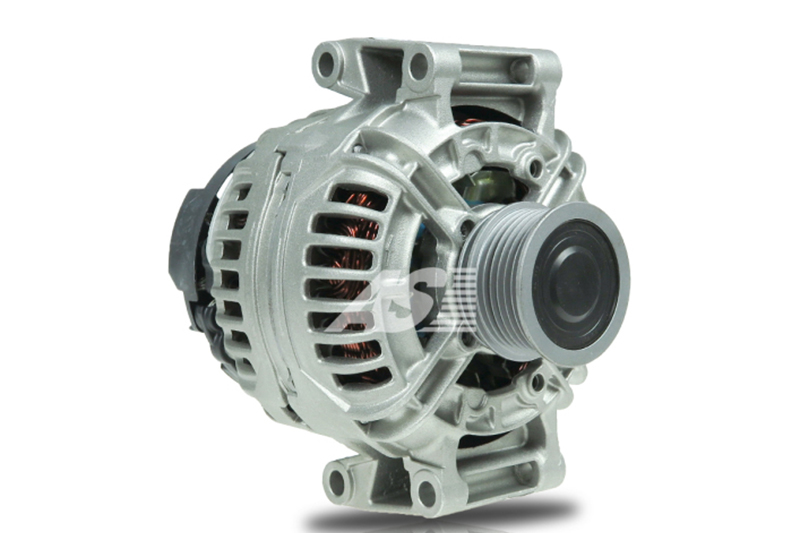
Electrical components supplier AS-PL discusses some common causes of excessive alternator noise, including both electrical and mechanical faults.
The alternator is the source of electricity in motor vehicles, where it charges the battery. In simplest terms, it is an AC alternator, and it changes mechanical energy into AC current. The electrical current in an alternator is produced in the stationary stator windings by the rotating magnetic field of the rotor. Today’s alternators are controlled by digital signals, so quality control requires state-of-the-art machines.
The alternator can indicate a possible failure in various ways. One of these is the excessive noise it may make. In this case, we can consider, among other causes, faults of an electrical origin.
Electrical causes:
- Stator winding short circuit
- Failure (shorted diode[s]) of the bridge rectifier
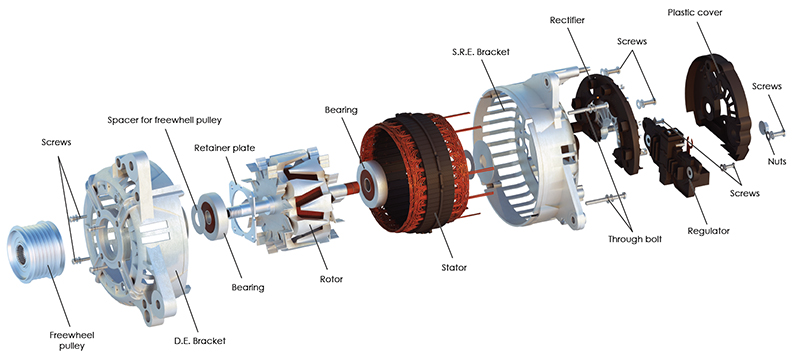
In this case, it is necessary to dismantle the alternator, evaluate and replace damaged components. Due to the need for specialized diagnostic tools, it is advisable to have this work carried out in a workshop.
Mechanical causes:
- Defective drive wheel. In this case, the wheel and the V-belt must be replaced
- Damaged bearing (rotor bearing/both alternator housings, front and rear). Once this damage has been diagnosed, the bearing set must be replaced
- The rotor axis is crooked, resulting in the need to replace the rotor
These faults make it necessary to dismantle the alternator, evaluate and replace damaged components. Due to the necessity to perform some of the operations with special diagnostic tools, it is advisable to have them performed by a workshop.
It is good practice to pay close attention to the signs coming from our vehicle so that we can perform proper diagnostics and repairs in advance.

